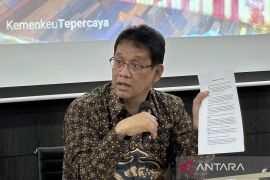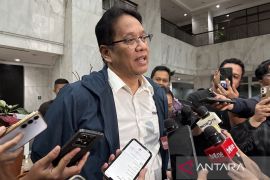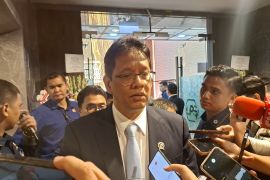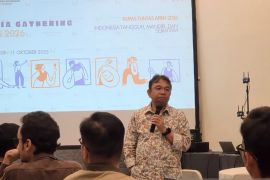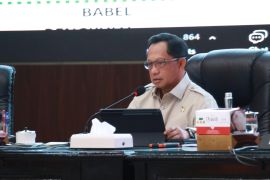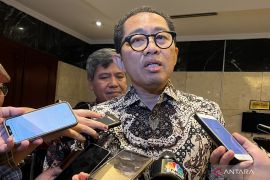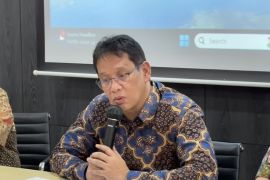"This proves that the countercyclical instrument and the State Budget (APBN) aim to prevent an economic decline, especially for the people," Head of the Fiscal Policy Agency of the Finance Ministry, Febrio Kacaribu, noted during a Media Meeting - Ask the Fiscal Policy Agency titled "Current Economic Dynamics and Fiscal Policy Strategies" here on Wednesday.
Barring tax facilities for national economic recovery, the estimated total tax spending in 2020 was recorded at Rp234.8 trillion, or 1.52 percent of the gross domestic product (GDP), down from Rp272.1 trillion in 2019 and Rp262.8 trillion in 2018.
These fluctuations were influenced by a decline in consumption and company profitability due to the COVID-19 pandemic, thereby lowering the tax base and leading to lower utilization of tax facilities.
Related news: Govt sees state budget deficit shrinking to 5.2--5.4% of GDP
"The tax spending is related to economic activity, so when economic activity declines, tax spending used by business actors and the public also decreases," according to Kacaribu.
However, Kacaribu explained that most of the tax spending in 2020 worth Rp119.64 trillion can still be allocated to boost the people's welfare and Rp59.9 trillion to develop Micro, Small and Medium Enterprises (MSMEs). The allocation has reached 76.4 percent of the total spending of Rp234.8 trillion.
Tax spending support for MSMEs increased, from 24.1 percent in 2019 to 25.5 percent in 2020.
Kacaribu noted that tax spending in 2020 to the tune of Rp26.8 trillion also aimed to support business actors and Rp28.6 trillion to improve the investment climate.
"For instance, it is allocated through tax holidays, tax incentives, and so on," he stated.
Kacaribu believes that the state budget is not only spent for the people but also for MSMEs and to encourage future productivity.
Related news: Non-tax state revenue from energy sector at Rp189.2 trillion: minister
Translator: Katriana
Editor: Rahmad Nasution
Copyright © ANTARA 2022

